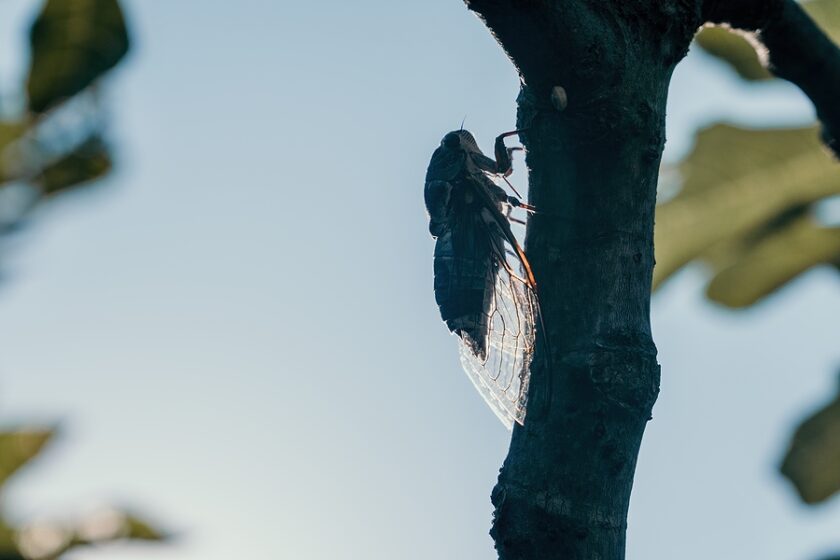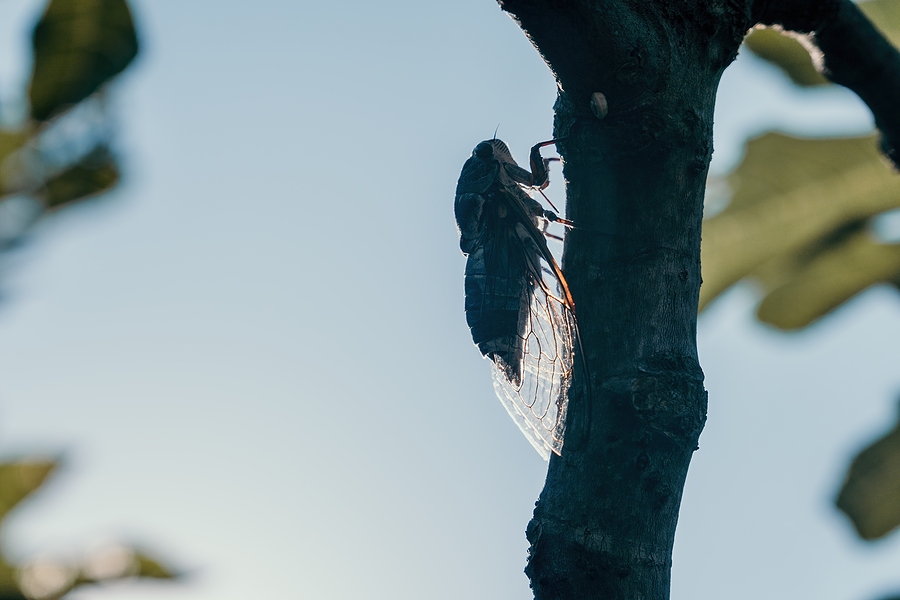
August 11, 2023

Source: Bigstock Chekhov states somewhere that an author– a real writer, that is– ought to be able to compose a story about anything, an ashtray for example.
Actually, I do not think that would be so challenging a job: Ashtrays in the old days would have witnessed rather a lot, if they had actually been sentient and observant. And after that, naturally, cigarette ends may have rather a lot to state before their death. The only issue is that readers nowadays might not understand what an ashtray is, for they are rarely put out anywhere for worry of encouraging people to smoke. Gone are the days when every gentleman, whether he smoked or not (though mainly he did), brought an elegant cigarette lighter that he whisked out of his pocket assiduously to light the cigarette of his female interlocutor. Almost certainly, many affairs began in this manner. Obviously, the world should have smelled terribly of cigarette smoke, stagnant and throat-catching– other than that, used to it as we were, our throats did not catch. But now I discover even a single cigarette smoked on an outside balcony intolerable.
To return, however, to the possibility of blogging about little things: I am extremely fond of idly observing the wildlife on the balcony of my small extra home in France that I use as my library. There is, for example, a large green lizard (big, that is, by European requirements, not by those of the Komodo dragon) that appears to live in the stack of kindling by the disused bread oven of ancient stone. During the season– I am uncertain what season, but I expect it needs to have something to do with sex– he has a sky-blue head. He is very shy, nevertheless, at least with human beings, and the tiniest motion on my part sends him scuttling back into the sticks.
“An exceptional intelligence looking down on us might quickly feel about us as I felt about the hymenopteran.”
Then there is a sweet little vole that sticks his head out of a hole in the wall. He, too, is very shy, and he smells the air as if the world had plenty of opponents that he can smell. Of course, there are weasels, badgers, foxes, kites, and owls about, not to mention the one-eyed ginger-and-white moth-eaten feral cat that always slinks away guiltily like a politician being asked a hard concern, so I expect the vole is only being sensible. Health and safety come first.
But it is the bugs that I take pleasure in viewing most. Today, for example, there was a black, flying-antlike animal, only longer and more worried in its movements than an ant. I am, alas, not entomologist enough to get much further than that it was plainly a hymenopteran of some description, rather an aggressive one in fact, and a carnivore, for it was dragging a dark creature about half its size along the stone wall of the house, looking for a hole or crevice in which to transfer its prey. It added and down the wall looking for such a hole or crevice, dragging the victim with it. As with a wheelbarrow, it might go both forwards and backwards, and was extremely energetic in its search. The legs of its prey flickered slightly, probably in its death throes.
After a time, the bug deposited its victimize a thin ledge. It was then that I saw, to my surprise, that the prey was a spider, by now dead, for its legs no longer moved, even when I touched it lightly with the bristle of a brush. Usually, one expects spiders to catch bugs and not bugs to catch spiders, so this seemed a moderate reversal of the order of things.
Having briefly deposited its victim, the pest went off to try to find its irreversible depository. It, the bug, must have recognized that it was simpler to search without a burden. What a smart animal, I thought, and certainly it was extremely industrious and purposeful.
But then I started to have doubts about its intelligence. It had no system in its running, jumping, and flying back and forth; as it half-jumped or half-flew from stone to stone, it covered the same ground several times; and if just it had been less hectic and decreased to take a calmer, more determined look, it might have seen that the wall had lots of potentially useful holes and crevices. It took him far longer, and a lot more energy, to discover one than it need have done.
I felt an inclination almost to assist my fellow creature. I could have taken a notepad and edged it into among the many holes that would have appropriated to its function. If it had been prepared to learn, I would have waited much problem. I did not help it, however, due to the fact that I thought it wouldn’t comprehend my efforts or be grateful, anymore than a trainee understands and is grateful to ChatGPT when he uses it to write an essay. The insect would probably have been frightened away. I might even have actually damaged it.
If it had been prepared to discover: words pregnant with significance. Is there any of us who could not utter those words about ourselves? An exceptional intelligence looking down on us might quickly feel about us as I felt about the hymenopteran.
I went away for my lunch, had a siesta, and went back to my little home. There, to my surprise, I saw the creature again behaving in exactly the very same method, only with a various prey this time, a little brown spider. (I presume the bug was the very same; definitely, it was of the very same types.) Was it building up a shop for the winter season?
The cicadas were kicking up their normal racket, and I considered La Fontaine’s myth. In it, the cicada has actually invested the entire summer singing, however when the north wind begins to bite has absolutely nothing left to eat. She asks her next-door neighbor, the ant, for food, which she, the ant, has actually spent the summer season building up for wintertime. “You sang all the summer season, however,” responds the ant. “Effectively, now you can dance.”
I can think about more than one country that looks like the cicada more closely than the ant.
Theodore Dalrymple’s newest book is Ramses: A Narrative, published by New English Evaluation.

